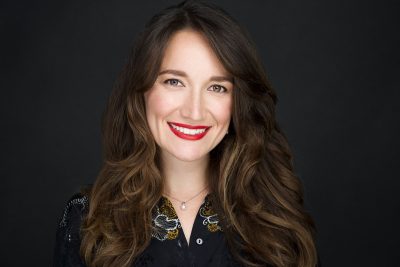Professor Daniela Quaglia joins Chemistry!

Professor Daniela Quaglia joins the Department of Chemistry from Université de Montréal
She completed her Ph.D. in Chemical Biology at University College Dublin, and holds an MBA from Concordia University! Professor Quaglia’s research has recently earned her a Royal Society Research Grant. We are extremely pleased to have Professor Daniela Quaglia join us in the Department of Chemistry!
Q: What brought you to Carleton’s Department of Chemistry?
A: I was first attracted to Carleton because of its location in the heart of Canada, its reputation to be a very friendly place to work and for its vibrant research community. As soon as I did the first interview, I realized that the Department of Chemistry stood up to the reputation, and that everyone was very excited about their research, and that there was a very collaborative spirit in the department tending towards innovation and creativity. This is what convinced me even more that Carleton was the place I wanted to be for starting my own lab.
Q: Would you mind explaining your research, and what students should expect when working in your labs?
A: My research spans from biocatalysis to enzyme engineering and automation in biology, but no matter the target, the main long-term goal is that of making the world a more sustainable place. Core to my research is the use and study of enzymes: the most powerful catalysts that nature has to offer, but that often need to be modified (or ‘engineered’) to become better at doing whatever it is that we want them to do. At present, for instance, I work on using enzymes to make chemical reaction greener (i.e. by finding greener biocatalytic routes to the production of fragrances and flavors), and on enzymatic plastic degradation, one of the biggest problems of our modern society.
Q: What are you looking forward to about the courses you will teach in the future/lab work?
A: Definitely to get back to my students and continue to teach them tips and tricks to help them become effective communicators in science. I have been assigned a yearly module in which, during the first semester, we were able to touch upon many different modern aspects of science communication: use of social media in science (i.e. Twitter), blogging and presenting both to a non-specialized audience and to their peers. So far, we had a blast, and I am sure that the second semester will continue to be even more exciting (I am very looking forward to correcting the blog pieces that the students wrote this semester so we can post them online starting in January!)